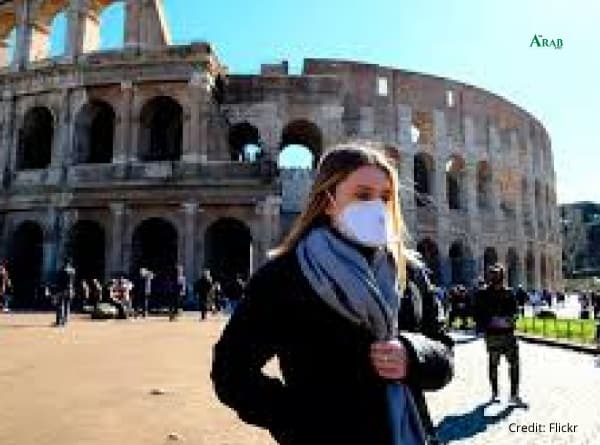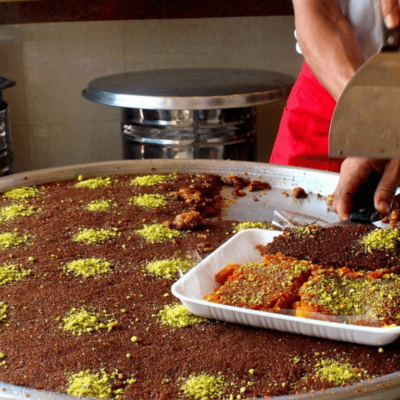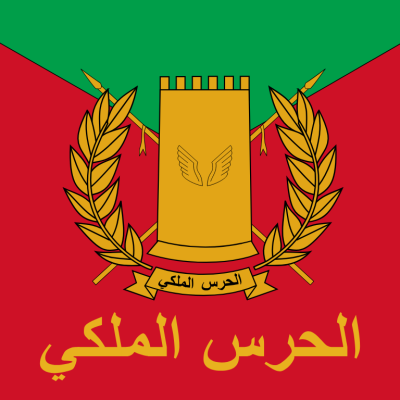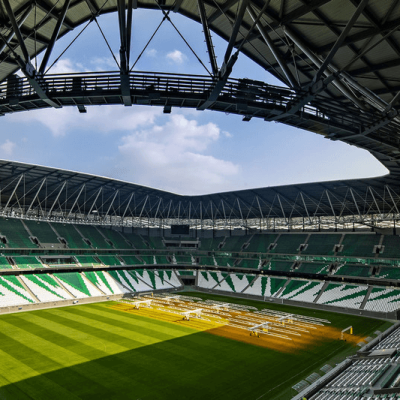The changing geopolitical dynamics of the coronavirus crisis

The pandemic outbreak of coronavirus has not only changed the way laymen lead their life but also transformed global balance of power, moved economies to 360 degrees, shook political systems and upended social structures. Covid-19, the disease which many conspiracy theorists viewed as a bio weapon, has tossed the world into the biggest global crisis of the century.
The pandemic, which today is being fought with lockdown, social distancing and quarantining, has challenged the governments’ handling of affairs in the era of globalisation. The corona crisis has thrown the interdependent world economies into a storm to adjust to the new reality of self-sufficiency. Disrupted supply chains, hoarding, distrust, and boost in technology and science based initiatives are going to define the future course of policy making. This pandemic outbreak, which has pushed the world into global recession, has definitely unveiled the incompetency of the rising concept of populism, nationalism and authoritarianism.
Despite preventive measures by all the nations, the spiralling down movement of global economy would not leave anyone untouched. Developing nations would be facing the worst impact of the ongoing and increasingly growing curse. It would move the economies towards, deglobalizaiton and deregionalization. For instance, Italy, the epicentre of Covid-19, suggested the EU nations for financial support through a “corona bonds” scheme, but Germany and the Netherlands outrightly turned down the idea. International Monetary Fund despite urging nations

Lebanon: Parliament gives confidence to the new Mikati government
- By Monnie A
- . September 21, 2021
MIDDLE EAST

Israel to the UN General Assembly: “Iran nuclear program has crossed all red lines”
- By Alaina
- . September 28, 2021
Israel_ Israel is a beacon of light and freedom, and supporting it is a moral choice. Israeli Prime Minister Naftali Bennett said Monday in his

Archaeologists’ discover mosaics in Turkey
- By Raven Ruma
- . September 27, 2021
The assembly of over 3,000 stones was unearthed in the remains of a 15th century BC Hittite temple, 700 years before the oldest known mosaics

Iran Plays Hard To Get On Negotiating Table With Washington
- By Roshan Amiri
- . September 25, 2021
Iran is in no mood to take a stand over its nuclear deal and this is somehow frustrating for Washington. The frustration over Tehran’s indecisiveness

Turkey must withdraw immediately, Syrian Foreign Minister says
- By Roshan Amiri
- . September 24, 2021
Syrian Foreign Minister Faisal Mekdad confirmed that Damascus considers Turkey’s presence in Syria an act of occupation and wants to see Ankara withdraw its forces

Iraq Might See Dull Election Outcome In October
- By Raven Ruma
- . September 21, 2021
In a sad revelation, political experts are pre-empting a disappointing outcome of the Iraqi elections for the country. Unless a high voter turnout happens, along

Fuel Wars in Lebanon spikes to cause more terror than before
- By G Morrison
- . September 20, 2021
It is evidently seen that Lebanese drivers have to stand in line for hours to get their car fueled up to get gasoline. It is
WORLD

Stephen M. Walt, a professor of international relations at Harvard University told Foreign Policy that the ongoing crisis would shift the influence of power from West to East. Western nations’ including Europe and US’s relaxed initial attitude and delayed response to the crisis is going to tarnish the perceived might of ‘the Western world’. One the other hand, Asian nations’ agility and resilience would put them ahead in the game, especially Korea and Singapore which responded in the best manner, and China which did impeccable damage control despite its early mistakes.




